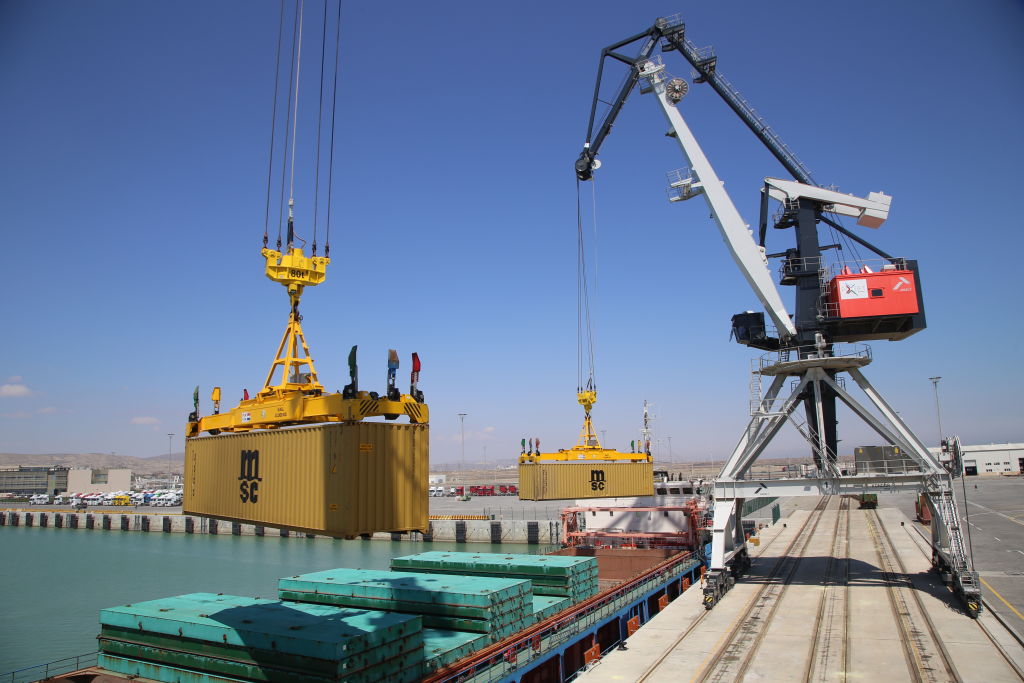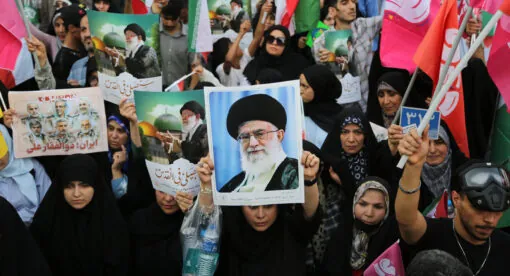Executive Summary
In the three decades since the implosion of the Soviet Union, there has been increasing international interest in connecting the landlocked nations of Central Asia to the rest of the world via the Caspian region. Russia has dominated Eurasia for the bulk of the post-Soviet era, but the war in Ukraine has spurred the West toward development of sustainable transport connection between Europe and Asia with the objective of reducing dependency on Russian energy resources and Moscow’s domination of land-based Eurasian trade routes.
The key challenge is China, whose recent emergence as a major player with its Belt and Road Initiative has better positioned it to take advantage of the opening provided by a Russia weakened by war and sanctions. However, China’s economic downturn signifies a key moment of opportunity for the United States. Washington and its partners will need to navigate several constraints and latitudes to play an effective role in ensuring the development of a robust Trans-Caspian Corridor that can facilitate east-west connectivity.
Key Takeaways
■ The Trans-Caspian Corridor is a viable way to create sustainable trade connectivity between East Asia and Europe that circumvents Russian influence.
■ The United States and its allies will need to navigate a tricky, fragile strategic landscape and understand the motivations of several Eurasian stakeholders.
■ China’s westward ambitions, exemplified by its Belt and Road Initiative, will stand in the way of the Trans-Caspian Corridor, but there currently is a window of opportunity to act while Beijing is preoccupied with internal economic woes.
Policy Recommendations
■ The United States must carefully coordinate its approach to the Caspian region to not only serve its own interests and those of its allies but also support the security and prosperity of the Central Asian and Caucasus states.
■ Washington should leverage its position as a global economic and technology leader to pragmatically support the development of the Trans-Caspian Corridor in a sustainable fashion, rather than using China’s heavy-handed approach.
■ The U.S. also should reassess its engagement with the Caspian region from a strategic perspective, incorporating not only C5+1 countries but also the broader South Caucasus.
■ The U.S. has shared interests with allies that are active in the region, particularly the EU but also states like Japan and South Korea. The U.S. should coordinate its strategy with its European and Asian allies to establish a division of labor and reduce redundancies.







